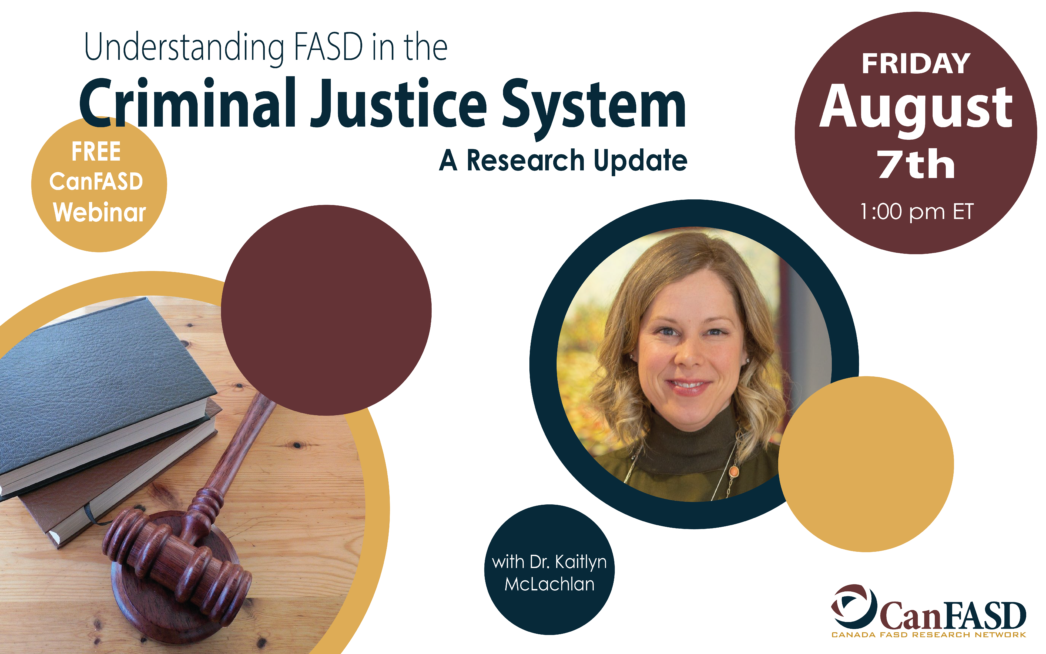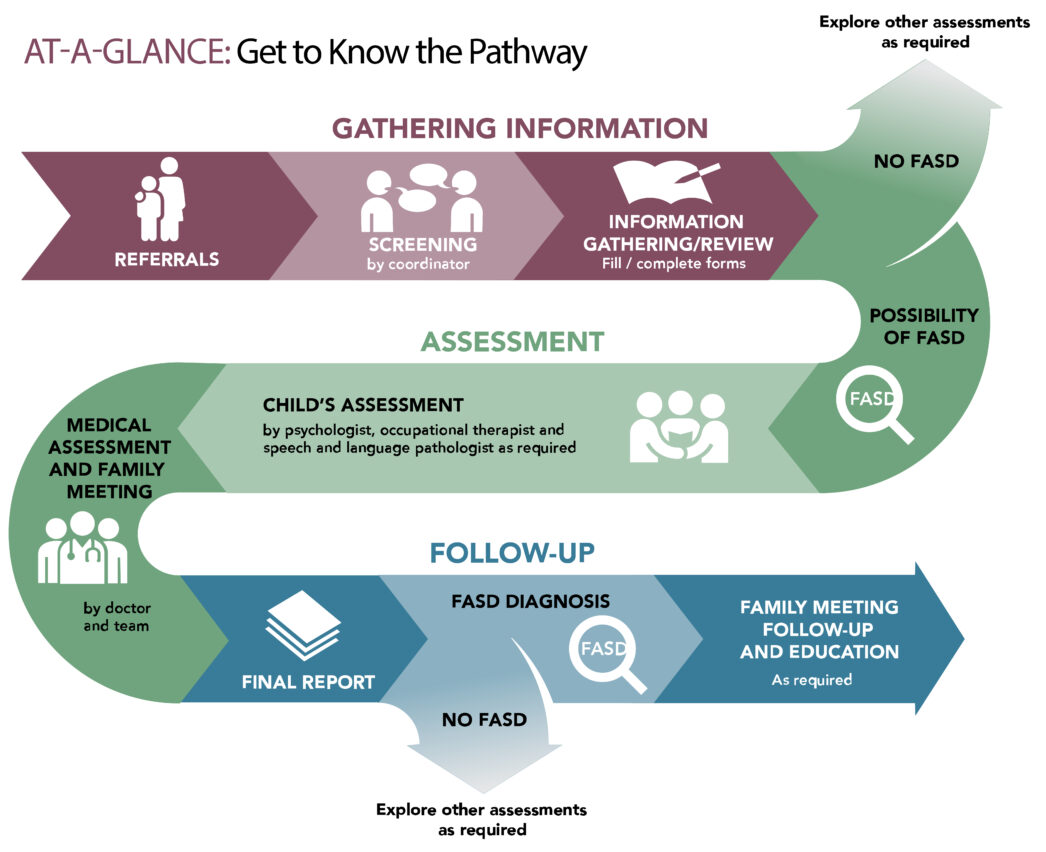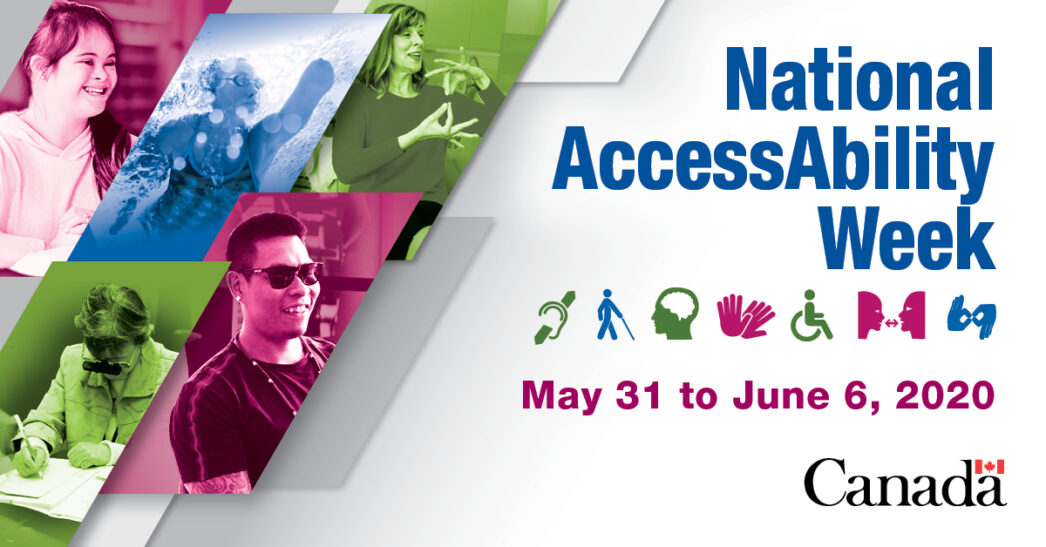The authors of the current study had two primary objectives: (1) to determine the prevalence of teacher-reported diagnosis of FASD in kindergarten children; and (2) to determine the developmental health of children with FASD. A secondary objective of the study was to compare the prevalence of problems at home between children with FASD and children with other neurodevelopmental disabilities (NDD).
Article Summary #2: Relation Between Adaptive Function and IQ
Impaired adaptive function and communication abilities may prevent individuals with PAE from successfully functioning independently and may impact them academically, socially, and occupationally.
CanFASD responds to new FASD Assessment training resource
Canada has had an evidence-based FASD diagnostic guideline since 2005. This guideline was updated in 2015 to reflect new research in the field. The majority of FASD diagnostic clinics in Canada are using this guideline and we recommend that they continue to do so.
FASD Month 2020 is Almost Here!
One day is not enough. Like many of you, we recognize September as FASD Month and encourage all our followers to continue to work towards increased awareness of FASD throughout FASD Month and beyond.
New Webinar: Understanding FASD in the Criminal Justice System
Register now for our webinar Understanding FASD in the Criminal Justice System: A Research Update! Dr. Kaitlyn McLachlan, along with two student researchers, will be presenting an overview of the recent research on FASD and criminal justice in Canada.
Your Guide to FASD Assessment in Manitoba
The Manitoba FASD Network recently released a new website to help guide people living in Manitoba through the FASD assessment process.
Article Summary #1: Assessment Measures used in Alberta
The researchers surveyed 19 clinics providing diagnostic services in Alberta, Canada to examine the consistencies and differences in clinical practice. The goal of this study is to bring awareness to areas where measures may be lacking and to identify tools being used in the diagnostic process, including those that are not suggested in the current Canadian guideline.
3 Indigenous-Led FASD and Women’s Health Initiatives in Canada
In honour National Indigenous History Month we wanted to highlight some of the many incredible Indigenous initiatives working in the areas of FASD and women’s health.
National Accessibility Week and FASD
There are a number of people, organizations, and initiatives across Canada that are working to break down barriers to accessibility and inclusion for individuals with FASD. Here’s some of the amazing stories that we’ve seen over the past year.
FASD and Mental Health for Professionals
One in five Canadians experience challenges with mental health. This proportion is high, but the stats are even higher for individuals with FASD. Researchers have shown that approximately 90% of people with FASD experience mental health issues. These numbers show that mental health is an extremely important consideration when discussing needs, supports, and resources for individuals with FASD.







